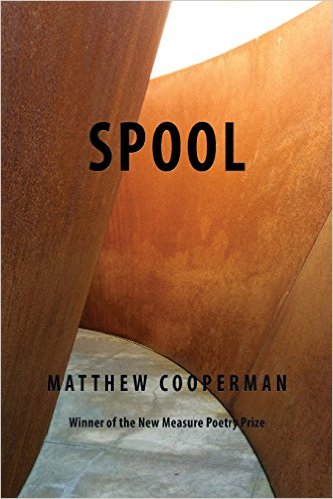
~From English Department Communications Intern Beth Campbell
Night had settled over the whole of Fort Collins, but Old Town still shown bright with the glow of street lights, shop windows, and the strobing pulses of lasers to the beat of bar playlists. Groups of people milled over the sidewalks, their voices weaving a delicate harmony to the melody of cars rushing by and shouts from the pubs. A dog barked as I turned down a darker street and found a parking spot outside the Wolverine Letterpress & Publick House.
It was quieter here, the roar of the crowds now just a dull buzz. Warmly lit windows and the smell of coffee and hops beckoned me in from the cold. People in hipster skinny jeans, beanies, and plaid clustered around the bar and the tables under the windows, sipping lattes and microbrews. It was how I imagined a hobbit hole would be-hidden away, but full of laughter, welcoming, and bustling with activity.
I was directed to the upstairs loft by a smiling young woman in a purple fleece shirt and leggings where Matthew Cooperman, a professor here at Colorado State University, was holding his book release. The wooden stairs creaked to life under my steps as I made my way up. A small door at the top of the stairs opened into a room that felt bigger than it was. A lofted ceiling lit with low lamplight bounced conversation back toward the crowd of people who were already jostling about. A wall of windows let the stars look in on our gathering and made me feel like we were standing on the edge of the roof. I glanced around as I took my seat. I recognized faces from the hallways between classes or from glances exchanged in Eddy between meetings, but I knew no one personally. That was fine. I wasn’t there to people-watch. I was there for the words.
Writers are a unique breed. In large groups, they all treat each other with almost a British form of respect and kindness, but most remain extremely humble. They let their work speak for them, and some look flustered or slightly embarrassed when complimented on it. They all speak very softly, too, for some reason. There must have been sixty people in that room, yet the volume never rose out of control, maintaining a gentle hum. Someone even spilled a glass of beer, but no commotion was raised. It was mopped up and over before a second thought could be given to it.
Everyone settled extremely quickly when the first reader was introduced. It was like a calm before a storm as we all sat waiting to hear what Dr. Graham Faust, a professor of poetry at the University of Denver, would read from his work. He had been asked to read as well, and we waited with baited breath. His poetry spoke of childhood, of memories we all had but maybe had never looked back on. His hands shook as he read, but his words never faltered. The emotion behind several of the poems made the lines catch in his throat and our hearts pause for a brief second. I closed my eyes and let the poems paint themselves before my eyes. Some were short snippets of his life as a graduate student. Others trailed on about the power of feeling, actually feeling. The poems made me feel like I was floating somewhere else, that I was in a new unfamiliar place just drifting about.
It was the harsh slapping applause that jerked me back to reality. Dr. Faust gave a half-grin before nonchalantly making his way back to his seat. As he did so, the master of ceremonies introduced her husband, Dr. Matthew Cooperman, and his new book, Spool. Behind the microphone, he was a little more at ease than Dr. Faust, but his words were just as powerful. He explained that he had taken on a new style, only allowing three words to each line in each poem. When asked how he came up with idea, he laughed and said that he had begun to run out space in his notebook on his honeymoon with his wife, so he came up with a way to save space. It had just grown from there.
Those three word lines dripped in to the room like a slow flood; we had no idea we were drowning in his work until he would pause between poems and we would come up for air. Then he would plunge us down the Poudre River, guide us through the Rocky Mountains, and walk with us through the field behind his neighborhood. We heard his daughter laugh and smiled when his son begged him to come play on that steamy July afternoon. The love he had for his wife filled the air, as did his sorrow when the way ahead was not clear. Yet through it all, he read with a steady, clear voice. His tone rose and fell with each passing phrase, his eyes darting across the page before him almost faster than he could speak. He seemed to be the only one immune to the beautiful chaos flowing from his words, while the rest of us were willingly tossed back and forth.
The new book is bound to be a success, judging from the loud applause and the heaps of compliments that were piled on after the reading. Both featured writers simply smiled and nodded their thanks, taking it humbly and blending into the crowd when possible. The cheery music of conversation slipped out the door with me when I left, a light tune to carry me out to the car. Everything was still, and the stars twinkled just a little bit brighter, but I suppose poetry has that effect on everyone.
Stay tuned for an upcoming faculty profile of Matthew Cooperman, also from Beth Campbell.